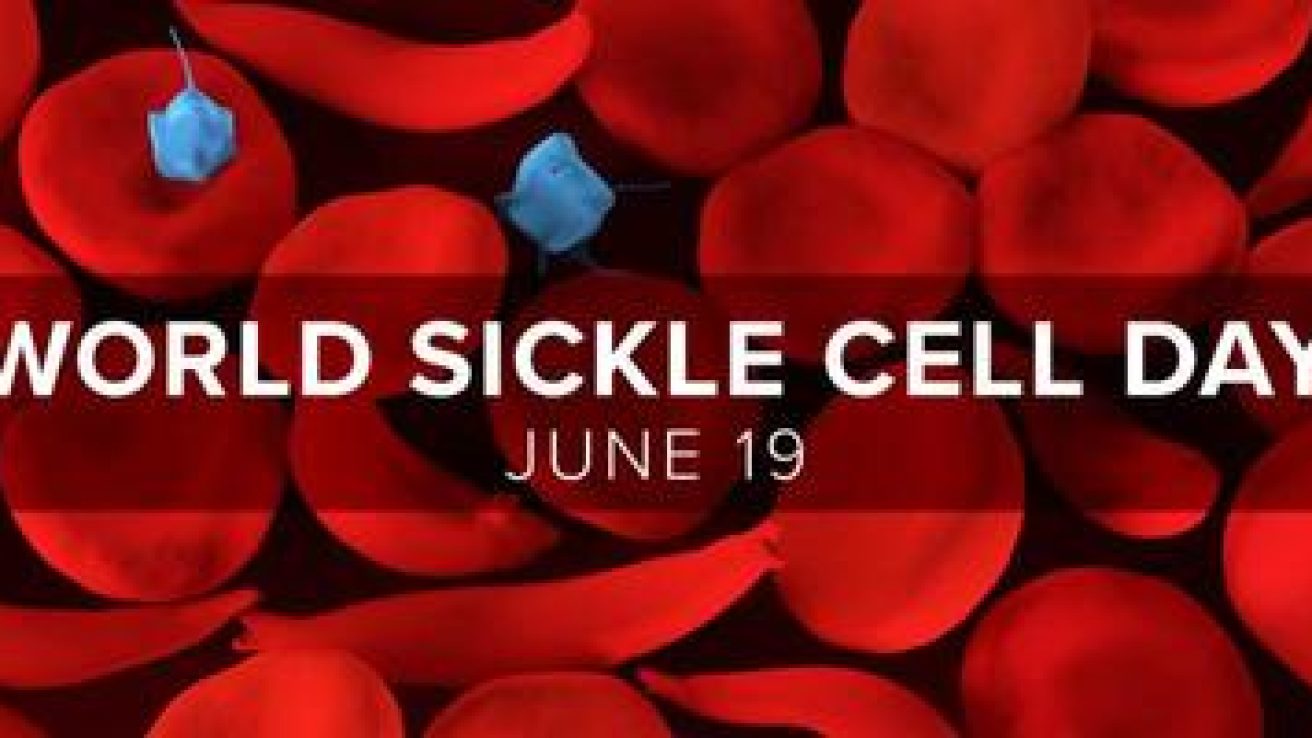What is World Sickle Cell Day?
June 19th is World Sickle Cell Day, a day dedicated to raising awareness of sickle cell and celebrating the achievements of those living with sickle cell disease. On December 22, 2008 the United Nations adopted a resolution that recognizes sickle cell disease as a public health problem and “one of the world’s foremost genetic diseases”. According to the CDC, “sickle cell is an inherited blood disorder that causes “sickle” shaped red blood cells that can stick together, blocking blood flow and oxygen from reaching all parts of the body.”
Sickle Cell Anemia and other conditions
Sickle Cell Disease is the name given to a group of inherited conditions of hemoglobin formation. This includes Sickle Cell Anemia (Hb SS), Hemoglobin SC Disease (Hb SC) and Sickle Beta Thalassaemia (Hb Beta-Thal). Of these the most common and severe is sickle cell anemia.
There are over 300 different types of hemoglobin. The most common type is hemoglobin A (Hb A) and most people inherit Hb A from both parents (Hb AA). Sickle cell anemia occurs when a person inherits 2 genes for Hb S, one gene from each parent.
Global Policy: What You Need To Know About Sickle Cell Disease
Sickle Cell impacts African-Americans
Approximately 90% of people with sickle cell disease in the US are African American, although the disease can also be found in Hispanic, Mediterranean, Middle Eastern, and Indian populations. Over 1 million people carry the sickle cell trait. Part of celebrating sickle is about combating the stigmas often associated with sickle cell patients and celebrating the latest breakthrough research and treatments for sickle cell patients.
Join MDNewsline, The Sickle Cell Disease Association, the CDC, and numerous health organizations in acknowledging the 100,000+ sickle cell patients here in the U.S. with sickle cell and the millions all over the world today on World Sickle Cell Day. To all of the clinicians and sickle cell warriors continue to fight, we salute you!
Learn more information about sickle cell.









